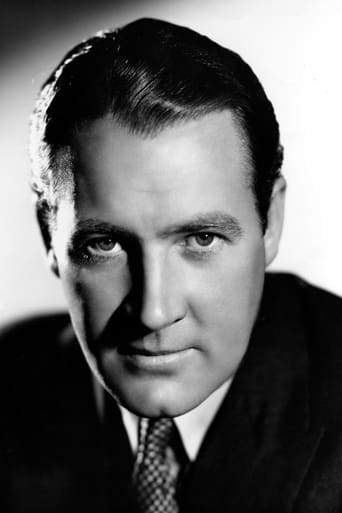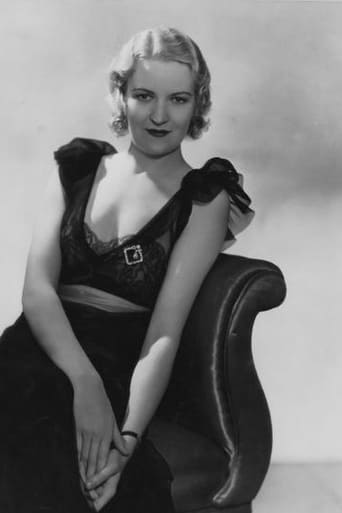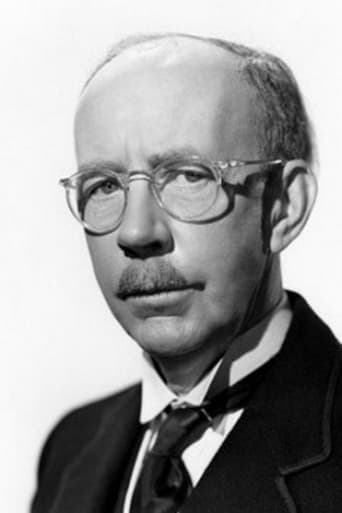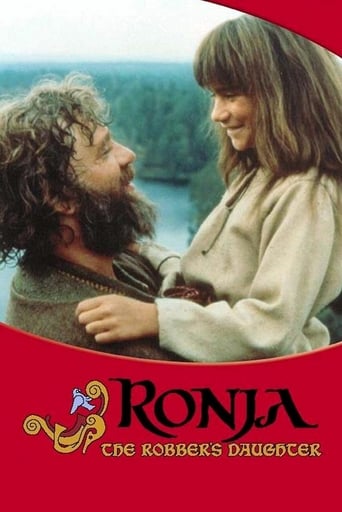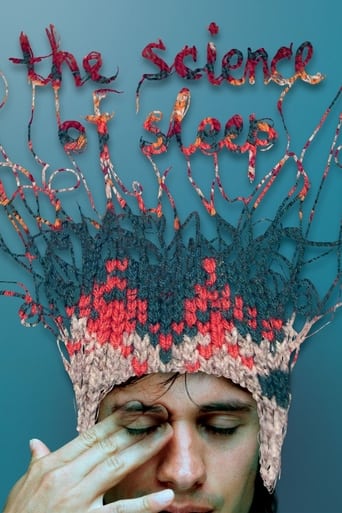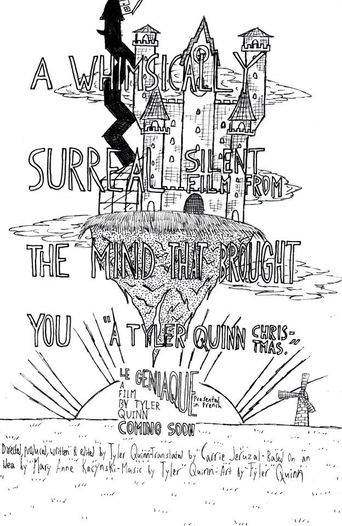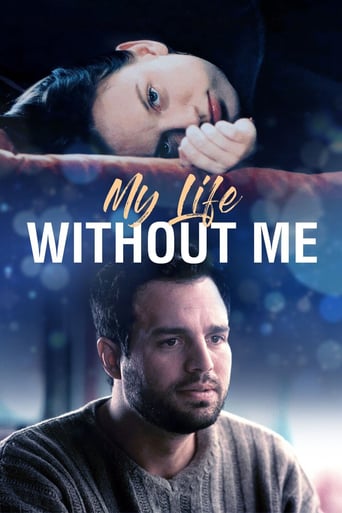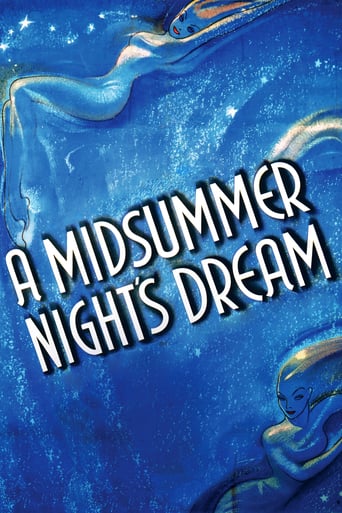

A Midsummer Night's Dream (1935)
A film adaptation by Max Reinhardt of his popular stage productions of Shakespeare's comedy. Four young people escape Athens to a forest where the king and queen of the fairies are quarreling, while meanwhile a troupe of amateur actors rehearses a play. When the fairy Puck uses a magic flower to make people fall in love, the whole thing becomes a little bit confused...
Watch Trailer
Cast
Similar titles
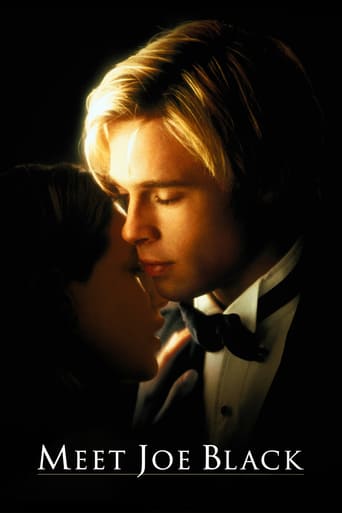
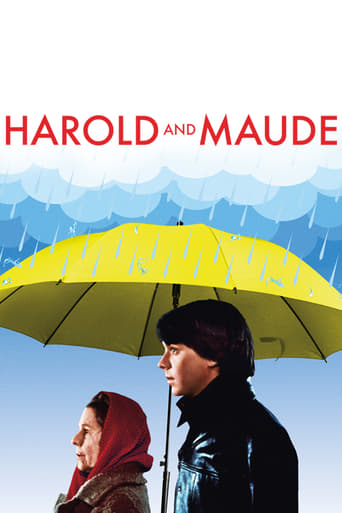
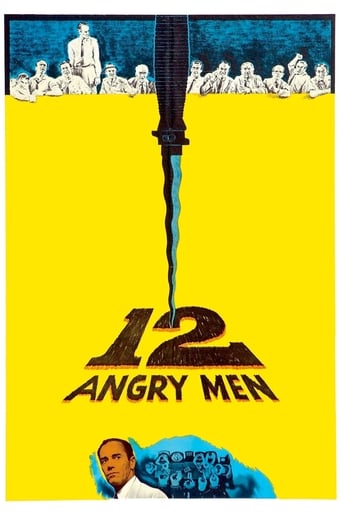
Reviews
You won't be disappointed!
Touches You
Good films always raise compelling questions, whether the format is fiction or documentary fact.
Let me be very fair here, this is not the best movie in my opinion. But, this movie is fun, it has purpose and is very enjoyable to watch.
Copyright 16 October 1935 by Warner Bros. Pictures, Inc. New York opening at the Hollywood, 9 October 1935. U.S. release: 8 October 1936 (sic.). U.K. release: October 1935. 17 reels. Australian release: 13 November 1935. 132 minutes (cut to 117 minutes for 1936 release).SYNOPSIS: A musical comedy. Book by William Shakespeare. Songs by William Shakespeare (lyrics) and Felix Mendelssohn (music).NOTES: Academy Award, Hal Mohr, Cinematography — a remarkable achievement considering that Mohr was not even nominated! The official nominations were Ray June (Barbary Coast), Victor Milner (The Crusades) and Gregg Toland (Les Miserables).*Academy Award, Ralph Dawson, Film Editing (defeating David Copperfield, The Informer, Les Miserables, Lives of a Bengal Lancer and Mutiny on the Bounty).Also nominated for Best Picture (won by Mutiny on the Bounty).Number 10 on the Film Daily annual poll of U.S. film critics. Film debut of Olivia de Havilland.Negative cost: $1,300,000. Domestic rental gross: $1,543,447.Other versions: a German silent film of 1925 starring Werner Krauss as Bottom, Ruth Weyher as Hermia and Tamara as Oberon, directed by Hans Neumann; an animated Czech feature of 1961; a BBC TV movie also of 1961; and a filmed performance of the New York City Ballet in 1966.COMMENT: A box-office disaster in England and Australia, but a reasonable success in the U.S.A., "A Midsummer Night's Dream" is a captivating and enchanting film. True, it has little of Shakespeare's poetry. Perhaps wisely, it concentrates on the fairies and the low humor of Bottom and his pals. The fairies are shown to advantage by the brilliant special effects photography, the low comedy is enhanced by an expert group of players led by Jimmy Cagney and Joe E. Brown — who are absolutely terrific. Actually, Oberon has all the best lines, and Victor Jory makes the most of them. Similarly, while all the costumes are marvelous, Oberon's enormously billowing cape is an absolute stand-out. Mickey Rooney makes a delightfully mischievous Puck. Olivia De Havilland (whose first film this was), Dick Powell and Ross Alexander are adequate enough, though we do not see much of them (at least in the 117 minute version). The songs, sets, music and dancers are also a joy. In all, a most entertaining and visually imaginative movie — the only film directed by Reinhardt, a legendary stage producer, here working in tandem with his one-time protégé, Dieterle. A lavish production which will appeal to and amuse even those of us who can't stand Shakespeare.* One of my favorite Hollywood anecdotes, the wonderful story of Mohr's Academy Award can be found in that excellent book, "The Art of the Cinematographer" by Leonard Maltin (Dover, New York, 1978). Sic transit gloria. Ralph Dawson wins the Oscar for Film Editing. So what does the studio do but get in some butcher to hack the movie down to 117 minutes. Thanks a lot, boys!
Had never seen a production of 'A Midsummer Night's Dream" and so it's hard to judge if this Warner Bros. production is a good representation or not. I have to say I found it very enjoyable, and Hollywood certainly pulled out all the stops at their disposal. The actors all seemed competent, especially James Cagney and Olivia DeHavilland as Bottom and Hermia respectively. Less good were Dick Powell as Lysander and Hugh Herbert as Snout, particularly the latter. Herbert added nothing to the show except his patented giggle which became irritating after a while. A big surprise was Ross Alexander as Demetrius, who was very much at ease in the role. Too bad he didn't become a big star.Saving my best comments for last, as I enjoyed Mickey Rooney's portrayal of Puck immensely. I always consider him one of the most talented people Hollywood has ever produced; he could sing and dance as well as act. I felt he was the star of this film and was an arresting presence whenever he was on screen, confident of his ability and trying mightily to give his best. And he succeeded. Too bad this was produced before Technicolor came into being; it could have added so much more.
You could hardly stumble over anything more heart-warming. Too much ahead of its time, it flopped in 1935 and has only gradually reached some appropriate recognition in later years. Everything in this production is ingenious, especially the fantastic innovations of using Mendelssohn's music all the way, letting a child play Puck (Mickey Rooney, probably the best Puck ever,) the use of natural sequences with wild animals in between, the fantastic fantasies with the elves and their dances, the most convincing Titania ever (Anita Louise? Anyone heard of her anywhere else?) and maybe above all, James Cagney, of all people, as Bottom. He almost succeeds in stealing the whole show, but the greatest credit is due to the almost exaggeratedly (in a good sense) creative directors, Max Reinhardt and Wilhelm Dieterle, both in exile from Germany at the time. Also very refreshing to see Dick Powell and Olivia De Havilland, two of the most 'noir' stars of the 40s, so young, gay and beautiful. A theater performance on the screen at its best, next to 10 full points, places even the Michelle Pfeiffer version of 1999 in the shadow.
When I saw this movie for the first time I knew I'd never seen anything remotely like it, well I was 10 years old after all. But over 40 years later that still holds – this is a unique experience, a revelatory motion picture that entertains, educates and manages to inform you who you are too. Are you a Shakespeare or a movie purist or simply someone who can accept nobody and nothing is perfect and that therefore Shakespeare and movies can possibly be complemented or improved upon by later (agreed, exceptional) talent? I read the play a few years later and was entranced but would still prefer to have this gossamer Max Reinhardt masterpiece with me for company on a desert island instead. Various young people in Athens fall asleep in wood and various fairies, nymphs and elves come out to play and play the fool with them. It's the relentlessly dreamy and inventive Oscar winning camera work that takes the attention first, but the brave casting of currently popular Warner Brothers stalwarts then takes the breath away. I wish Dewey Robinson could've been given a meatier role! From his er, exuberant performance as Puck I grew up thinking Mickey Rooney must've been a marvellous actor! I always had a soft spot for James Cagney after seeing him in his key role here as Bottom – his tearful realisation of his newly acquired animal magnetism had me transfixed. Olivia de Havilland never looked lovelier when she was being washed by the gleaming arc-moonlight or lying on the gleaming grass. But everyone else was gorgeous too, male, female or otherwise - and I don't care either, I almost wished Dick Powell and Ross Alexander had launched into a croony duet over Hermia! It was Victor Jory's strangest role but he never bettered it. All manner of glimmering glossy shiny tricks were used to promote the astounding ethereal atmosphere, so much so that if I saw the play at the Globe it would probably still look incomplete even if it obviously sounded more authentic.Just referring to this film version mainly as a stand-alone piece of entertainment and not as in direct comparison to the play, I can hardly fault it. So I would have to summarise that in the main: We shall not see the likes of this again.
